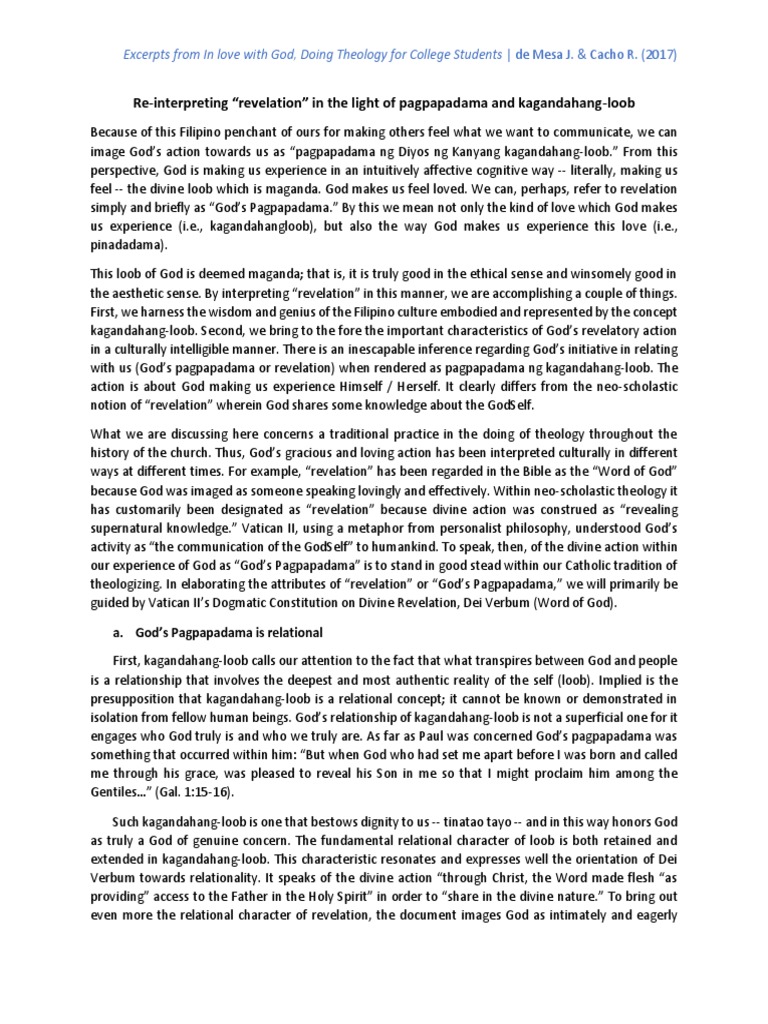Progressive Revelation is a fundamental tenet of the Bahá’í Faith that intricately weaves together the threads of divine guidance throughout history. It posits that God reveals His will through successive waves of Prophets, each bringing teachings and insights appropriate to the specific needs and capacities of their time. This concept invites believers to reinterpret prophecies and religious narratives, understanding them as part of a dynamic continuum rather than static, unchangeable doctrines.
The notion of Progressive Revelation challenges adherents to embrace an interpretation of scripture that acknowledges both the historical context and the evolving comprehension of divine truth. This principle allows for the emergence of a modern understanding of faith that resonates with the contemporary spiritual and ethical milieu. Within this context, one can expect a rich tapestry of discourse that elucidates various aspects of Progressive Revelation.
1. The Concept of Progressive Revelation
At its core, Progressive Revelation suggests that God has sent numerous Prophets or Manifestations of God throughout history—such as Moses, Jesus, Muhammad, and Bahá’u’lláh—each imparting teachings suited to their respective epochs. These Manifestations are not merely representatives of divine will; they are the harbingers of a broader, unfolding message that catalyzes spiritual evolution.
This understanding encourages a perspective that views religious texts as living documents, ripe for reinterpretation in light of new circumstances and knowledge. Hence, adherents are prompted to consider how prophecies and divine instructions can be reapplied to address contemporary issues ranging from social justice to ecological sustainability.
2. Historical Context and the Evolution of Religious Thought
Through an examination of historical prophecies, one can appreciate the context within which they were revealed. For instance, the prophetic texts of various religious traditions often reflect the sociopolitical circumstances of the time, thereby shaping their meaning. Bahá’í teachings encourage a holistic view, considering how early prophecies converge with modern revelations.
The reinterpretation of these texts requires an understanding of both the letter and the spirit behind them. Bahá’ís assert that while the world has radically transformed since the time of previous Prophets, the essential truth of their messages remains relevant. Thus, Progressive Revelation does not discount earlier teachings; rather, it sees them as foundational to a more expansive understanding of divine intent.
3. Prophetic Themes and Their Relevance Today
Central themes found within the prophecies of various religions—justice, unity, and the oneness of humankind—maintain perennial significance. The Bahá’í teachings iterate these principles, urging individuals to view them through the lens of current societal challenges. For example, concepts of justice can be reinterpreted to address systemic inequalities or the need for global governance in facing existential threats like climate change.
Moreover, the unity of mankind, a focal point in Bahá’í doctrine, can galvanize collective efforts towards peace-building initiatives, transcending ethnic, cultural, and religious divides. In this sense, the reinterpretation of prophecies serves as a call to action, inviting believers to engage in efforts that foster global harmony.
4. The Role of Human Agency in Spiritual Development
Progressive Revelation underscores the transformative role of human agency. While divine revelation sets the stage, it is incumbent upon believers to actively engage with, interpret, and manifest these teachings in their lives. This engagement engenders a spiritual practice characterized by inquiry, reflection, and action.
The Bahá’í framework encourages individual and collective exploration of spiritual truths, emphasizing the importance of consultative processes in decision-making. As believers collaborate, they bring diverse perspectives that enrich understanding and stimulate innovative solutions to complex problems.
5. The Interconnection of Science and Religion
Another illuminating aspect of the Bahá’í perspective is the intrinsic connection between science and religion. Progressive Revelation advocates for a synthesis between empirical knowledge and spiritual insight; both realms are seen as complementary avenues toward understanding the universe and humanity’s place within it.
Readings of prophecies can thus be contextualized within scientific advancements, fostering dialogue that reconciles often perceived dichotomies. For example, insights from evolutionary biology may be harmonized with religious teachings on the progressive nature of human development, revealing a shared journey towards greater complexity and consciousness.
6. The Call to Reinterpretation in a Globalized World
As the world becomes increasingly interconnected, the need for a renewed understanding of spiritual teachings is paramount. Globalization introduces unique challenges, such as cultural homogenization and increased geopolitical tensions. In light of these conditions, the Bahá’í Faith advocates for the reinterpretation of religious prophecies that speak to the unity and inherent dignity of all people.
This requires a concerted effort to transcend sectarianism and foster an inclusive narrative that honors diverse traditions while recognizing a shared divine heritage. The re-examination of prophecies in this context can yield enlightening insights, promoting a vision of collaborative progress that is both spiritually uplifting and socially transformative.
7. Conclusion: Embracing Change Through Faith
The concept of Progressive Revelation is not merely an academic inquiry; it is a living philosophy that invites individuals to engage with faith dynamically. It emphasizes that understanding the divine message involves personal and communal growth, enabled by tolerance, dialogue, and a commitment to social betterment. By reinterpreting prophecies for a new era, Bahá’ís can contribute meaningfully to the fabric of a more harmonious global society, guided by the principles of love, justice, and unity.
